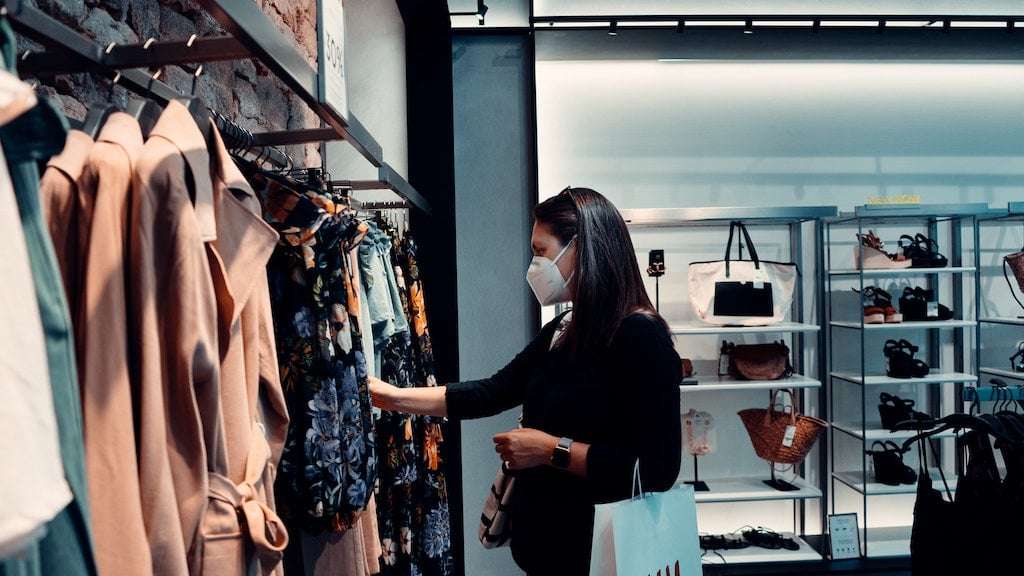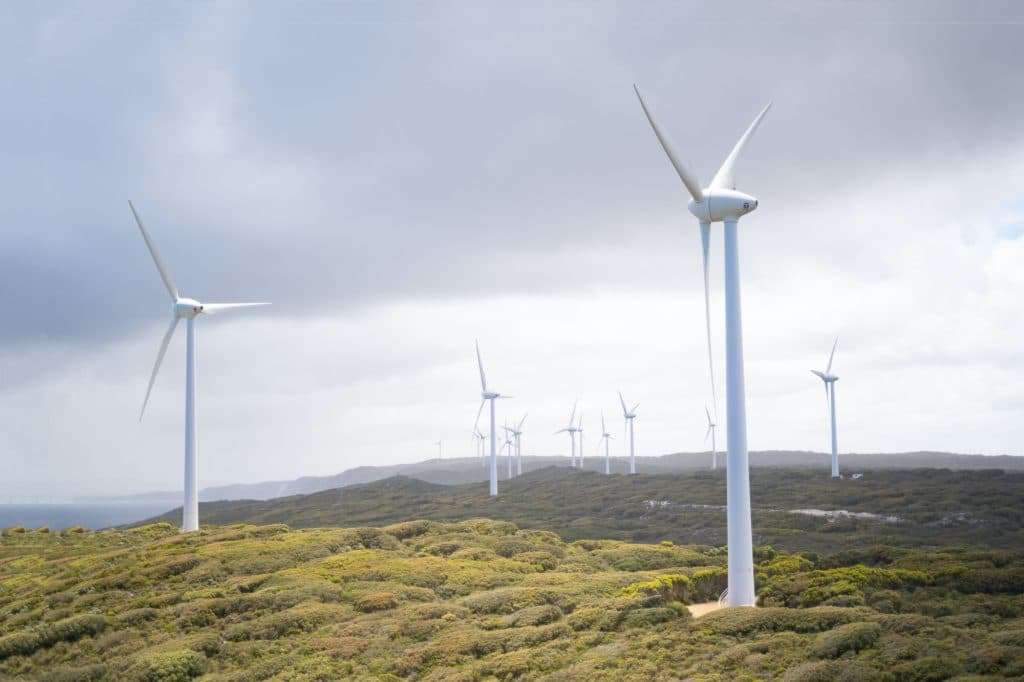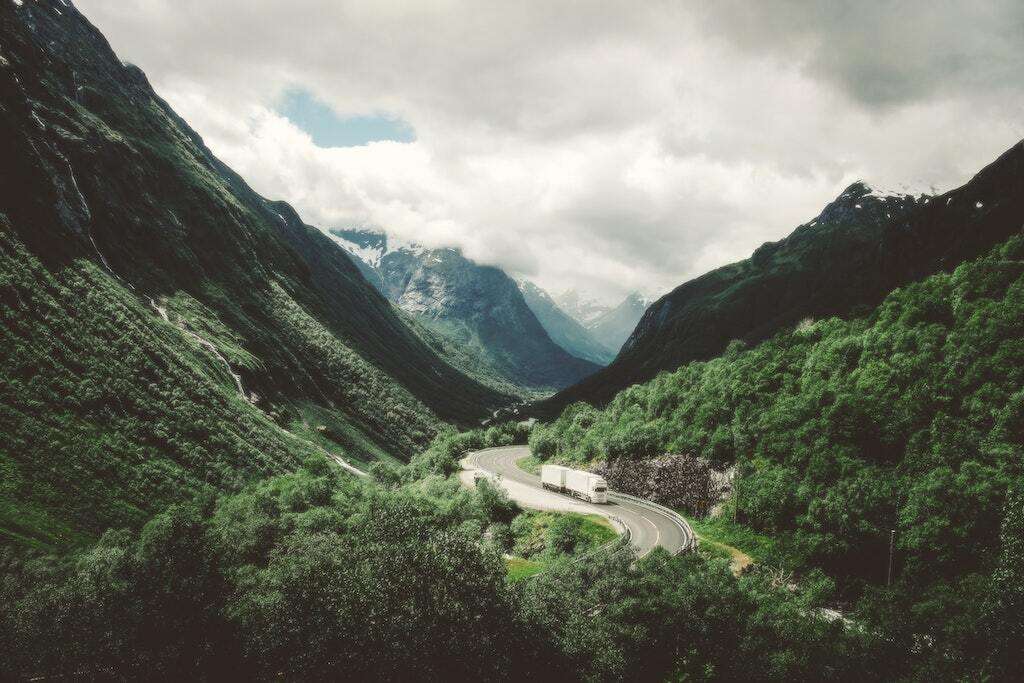A new strategic tree-focused partnership between Awin and Ecosia shows how brands can improve on their sustainability commitments.
With consumers increasingly choosing to shop in more environmentally friendly, ethical and sustainable ways, brands can find themselves between a rock and a hard place.
While you can take steps to make your products or services greener, these can be expensive and timely to implement. Brands shouldn’t shy away from them, but how can you help your customers shop more sustainably and become more climate active in the meantime?
Enter: strategic partnerships, mutually beneficial for both companies involved.

There is a wealth of online partners born out of a mission to find simple solutions to help the planet while benefitting consumers and brands. Recognizing that people will always have certain purchasing needs and desires no matter how much we try to reduce our consumption, these partners have found innovative ways to help brands and customers participate in more sustainable practices.
Highlighted in the Ethical Ecommerce chapter of the Awin Report Power 100, the solutions span multiple industries and range from apps incentivizing electric vehicle adoption, to search engines helping shoppers find local boutiques to purchase from, to online wallets facilitating green payments—all available for brands to easily partner with and reach sustainably-minded shoppers.
Awin x Ecosia
In July, Awin took its partnership with the world’s largest not-for-profit search engine Ecosia one step further to promote global reforestation and help partnered brands become climate active.
Following the success of its search engine that plants a tree for every search made by its 20 million users worldwide, Ecosia launched freetree, a browser extension that alerts users when their favorite online shops can be activated to plant trees for free while they shop.
Like a cashback model, Ecosia is paid a small commission by the shop for the referral for each purchase, with 100 percent of its profits used to plant trees. To date, over 8,000 trees have been planted by freetree users.
To help Ecosia scale its partnership with like-minded brands, Awin invested in a tree being planted by Ecosia for every sale made with an Awin brand via freetree. So far, thanks to this partnership, over 1,500 brands are working with Ecosia’s freetree extension via Awin, including HP and Radisson Hotels.
Every one of those partnerships has enabled brands to become climate active and positively impact the planet through reforestation, with minimal cost and resource as freetree seamlessly slots into the checkout process of brands’ communities.

And to prevent greenwashing, partnering with freetree via Awin should be part of a brand’s existing ESG initiatives as they are required to align with Ecosia’s sustainability standards and are reviewed in an ongoing process based on user feedback.
Incentives for the climate
Promoting strategic partnerships like these to customers creates further awareness of sustainability and the different ways they can easily participate in contributing to the planet. And in this case, what better way to incentivize them than through initiatives like cashback simply for purchasing your products or services through a free browser extension?
So if you’re a brand looking for a simple but effective way to become more climate active and attract eco-conscious shoppers, consider sustainable strategic partnerships you can participate in.
While they may seem like a drop in the ocean towards improving the planet, as American historian Howard Zinn perfectly surmised, “We don’t have to engage in grand, heroic actions to participate in change. Small acts, when multiplied by millions of people, can transform the world.”
Alexandra Forsch is President of Awin U.S.


